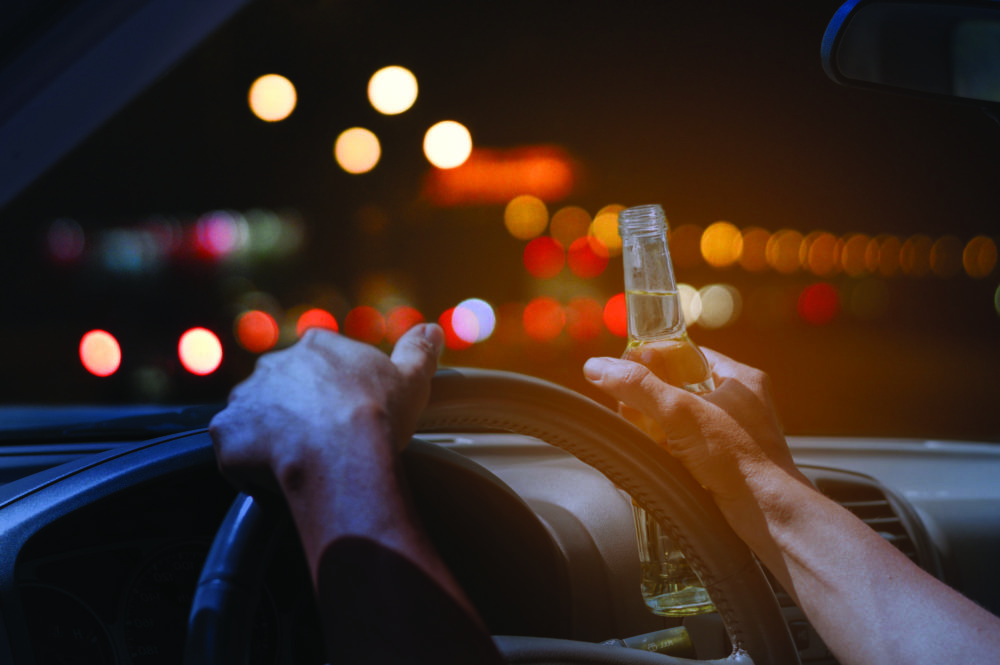Sobriety Checkpoints Action Plan
Description
Conduct surveys to assess public support for sobriety checkpoints and enhanced impaired-driving penalties; document practices, short- and long-term results, and acceptance of checkpoints across the nation; develop a report on the survey results and impaired-driving countermeasure effectiveness; and share the reports with lawmakers and the public.
Steps For Implementation
- Document practices, results, and acceptance of checkpoints across the nation.
- Develop a report on the survey results and impaired-driving effectiveness.
- Convey findings to the Texas Legislature and other public policy makers.
Participating Organizations
Texas Legislature, other public policy makers, lobbyists, and outreach and advocacy organizations
Effectiveness
*****
to
*****
Cost to Implement
$$$$$
Time to Implement
Short
Medium
Long
Barriers
- Overcoming legal issues.
- Public acceptance.
Notes
- According to the Centers for Disease Control and Prevention (Intervention Fact Sheets, 2015, https://www.cdc.gov/motorvehiclesafety/calculator/factsheet/checkpoints.html), “In 1990, the U.S. Supreme Court ruled in favor of the constitutionality of sobriety checkpoint; however, the debate over checkpoints has continued, and some individual state courts have deemed them illegal for violating state constitutions (IIHS, 2012).” The Texas Legislature has deemed sobriety checkpoints illegal under Texas’ interpretation of the U.S. Constitution.
- Womack and Johnson of TTI polled Texans in September 2018 (Womack, K.N. and N.A. Johnson. Texas Statewide Traffic Safety Awareness Survey: 2018 Results, Texas A&M Transportation Institute, College Station, TX, September 2018.). Respondents were asked if they favor or oppose sobriety checkpoints in Texas: 58% were in favor, with 36.4% strongly in favor; 18.4% were opposed; and 23.6% were neutral.
- According to the Centers for Disease Control and Prevention (Intervention Fact Sheets, 2015, https://www.cdc.gov/motorvehiclesafety/calculator/factsheet/checkpoints.html), “Nunn and Newby, 2011, examined the effectiveness of 22 sobriety checkpoints implemented over one year at nine checkpoint locations in Indianapolis, Indiana…. Impairment rates…decreased insignificantly in nondowntown locations and increased significantly in downtown areas. Sobriety checkpoints also resulted in a small significant reduction in the number of alcohol-related crashes compared with similar control locations, with differences more pronounced in downtown areas. Finally, a time- series analysis found that the number of impaired collisions in postcheckpoint periods was approximately 19 percent less than in pre-checkpoint periods.”
- There was overall uncertainty about whether this countermeasure should remain in the plan given legislative willingness and other issues.
